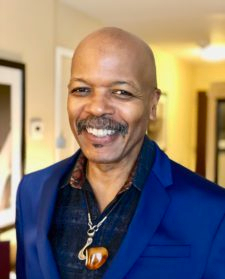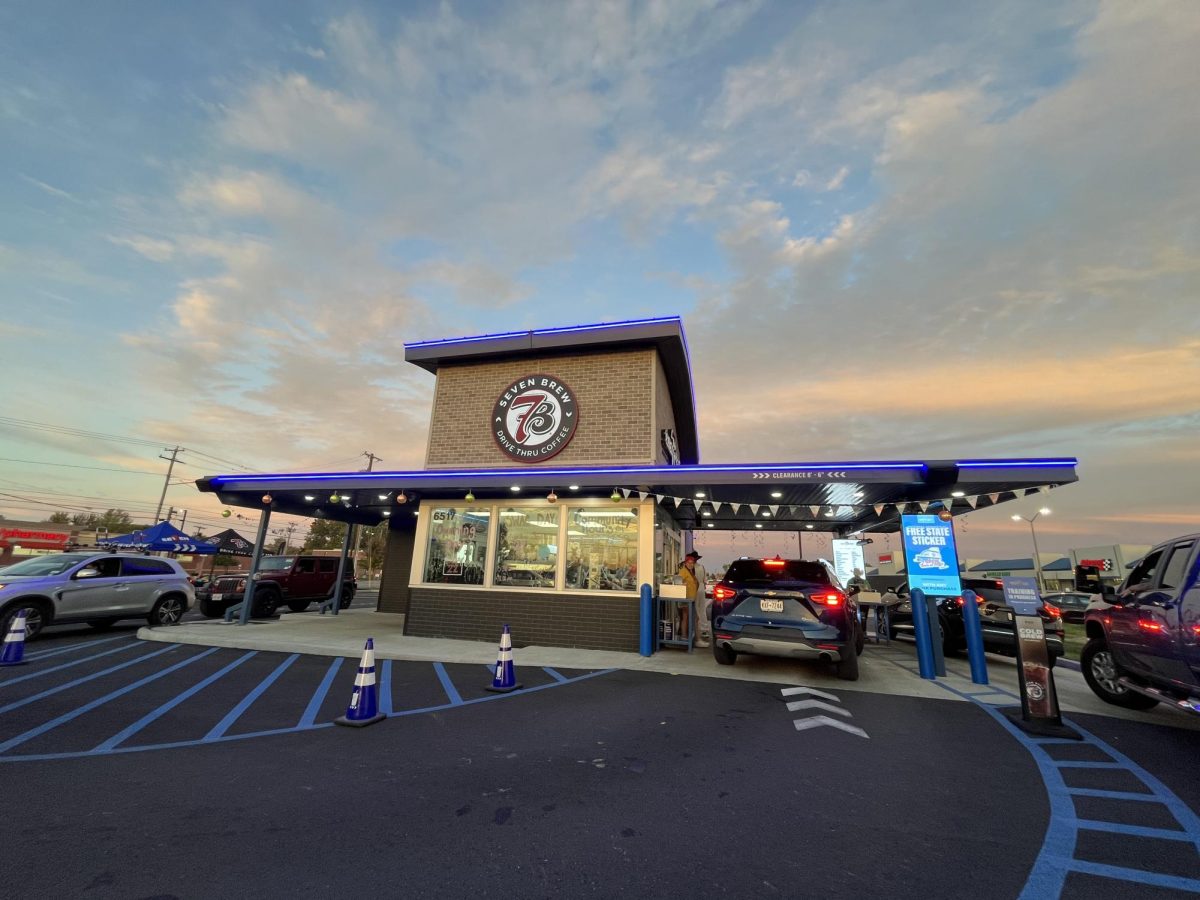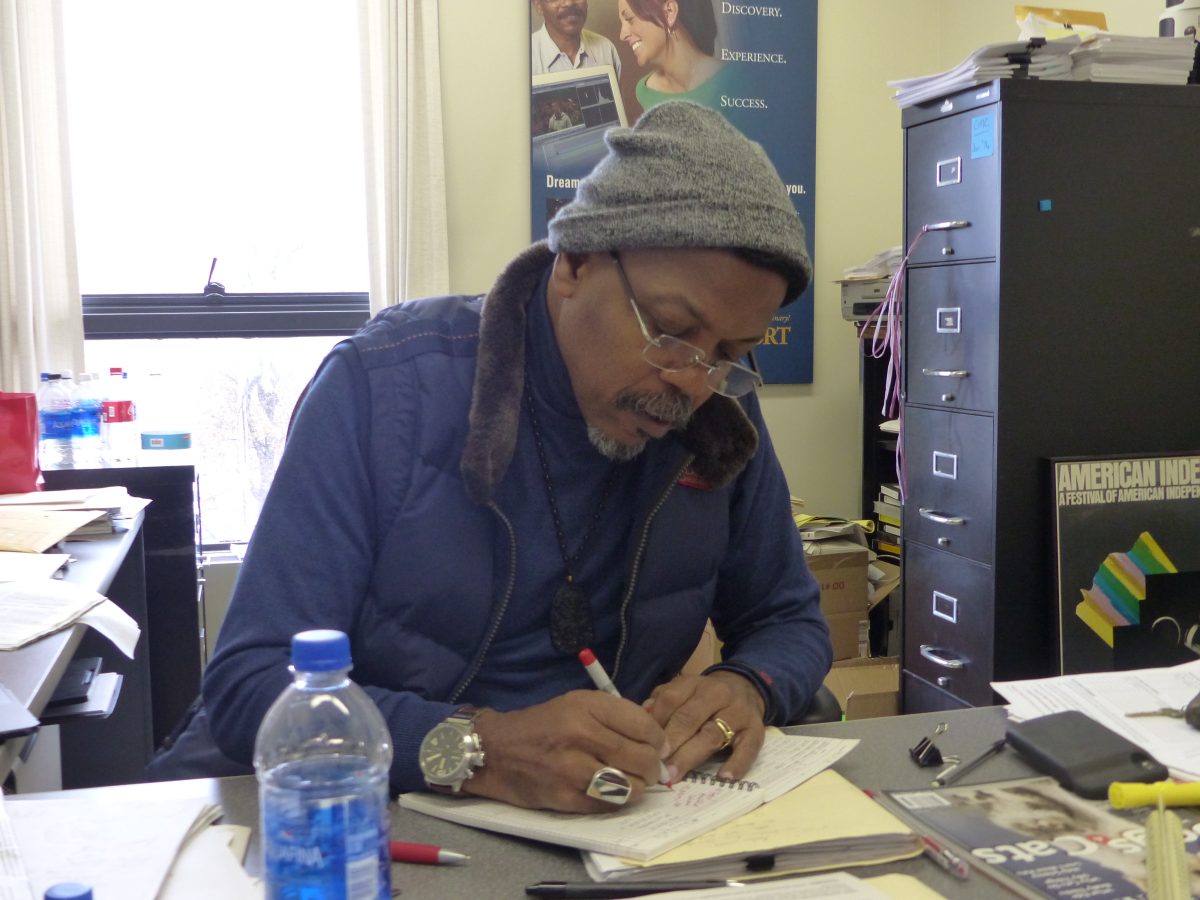BROCKPORT, N.Y. — The year was 1975. Coming off the heels of the race riots that terrorized Rochester nine years earlier, the city would have another racial incident to deal with.

18-year-old Denise Hawkins was running down a Rochester street from her abusive boyfriend when she was gunned down.
Just like nine years before, the Rochester Police Department was involved. The shooter was 22-year-old Rochester Police Officer Michael Leach. Unbeknownst to Professor of Journalism at The College at Brockport and filmmaker Carvin Eison, this event would inspire him to get involved in filmmaking.
From a young age, Eison has had an interest in social issues. Eison saw the assassination of John F. Kennedy, his funeral and the shooting of Lee Harvey Oswald, all on TV. These events affected Eison deeply and has influenced how he approaches making his films.
https://www.youtube.com/watch?v=CHoZwX0k9iA&feature=youtu.be
Eison’s films focus on issues that have been evident in American society for centuries, such as social justice, housing and employment. Eison’s documentary “Shadow of a Lynching Tree” is about how American society can learn from pictures taken of racial lynchings that occurred in the 19th and 20th centuries.
Eison wants his students to learn how to make tough decisions from his films. He hopes that through discussions resulting from what his films are about, people start standing up for others who are discriminated against or made fun of.
Eison believes that his experience as a filmmaker establishes trust and credibility with his students. His students respect him for not just teaching out of a textbook and for sharing valuable field information in filmmaking with them.
The Denise Hawkins murder and the assassination of John F. Kennedy have led Carvin Eison to make films dealing with social justice. The significance of these events continues to shape how Eison approaches making films. Eison’s films share how Eison himself has learned from certain historical events. These films will continue to educate more people for generations to come.
By Nate Mundt























